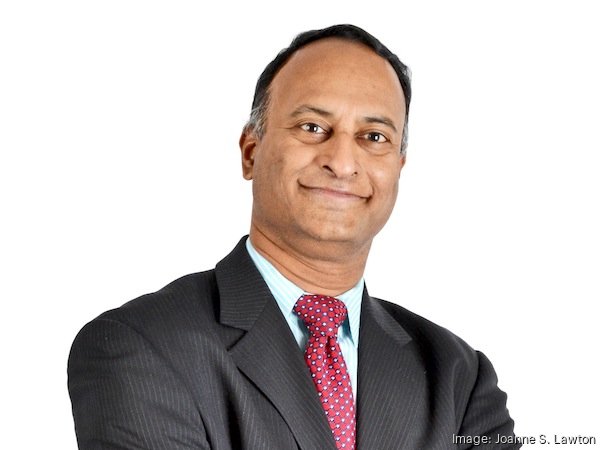What does one do when you hear about a change in the company? I did what everyone nowadays does – Looked him up on Google. Anyone who has met the Dalai Lama twice in my books is a good guy and I look forward to meeting him and shaking hands with him soon. He met the senior execs at a meeting and a lot of my friends in that group told me they are extremely impressed.
Anyone want to bet where I will meet him first?
Here are some extracts from articles on Google that that you won’t find in our press release and are very interesting to me:
Source : http://www.cio.com.au/index.php/id;903685644;fp;4;fpid;4
Dunbar says MasterCard has plenty of good ideas; the question is knowing which ones to pick. Dunbar joined MasterCard two years ago after more than a decade at Eli Lilly. One of the main concepts he brought with him from the pharmaceutical industry was the idea of failing fast - that is, testing ideas quickly and discarding them if they don't work. In this way, one can accelerate the process of finding ideas that do work.
"You can't institutionalize innovation, but there may be supportive processes you can build," says Dunbar.
A Process for IT Innovation
Accordingly, MasterCard has moved to formalize support for innovation within its culture. It is two years into a program called Rapid Value Creation, an effort to approach new ideas systematically across the 210 countries where it operates. Rapid Value Creation starts with MasterCard's key functional executives, who meet monthly to set priorities for new ideas that come from groups like IT, product development and marketing. In this way, management is able to get in step behind ideas - and get them to market - more quickly than in the past.
Dunbar says MasterCard's IT systems are key to implementing new ideas. "The architecture is component-based and many elements are brought together in varying configurations to create just the right capability to support innovations," he said. At the beginning of the decade, MasterCard spent $US160 million overhauling its core systems, which Dunbar says should help the company develop new markets ahead of its competitors (the biggest of which is Visa).
Source: http://www.bizjournals.com/stlouis/stories/2005/01/10/story2.html
He mastered the job not by becoming a geek but by seeing the bigger picture of how technology could be applied for the good of the business.
He has a huge intellectual capacity. He's an effective implementer. He's spiritual and strives for balance in his life. Takes time for daily meditation and annual spiritual retreats.
Born in Jamaica, he was raised in England and graduated from Manchester University in 1982. He worked as a pharmacist in London for six years before returning to Manchester to earn his master's in business administration.
Another article that’s is very interesting in Information Week from a few years ago.
In case you want to see the official release here is a link to the Network Solutions News Room.

Disclaimer: This blog post reflects my personal views only. AI tools may have been used for brevity, structure, or research support. Please independently verify any information before relying on it. This content does not represent the views of my employer, Infotech.com.
Comments